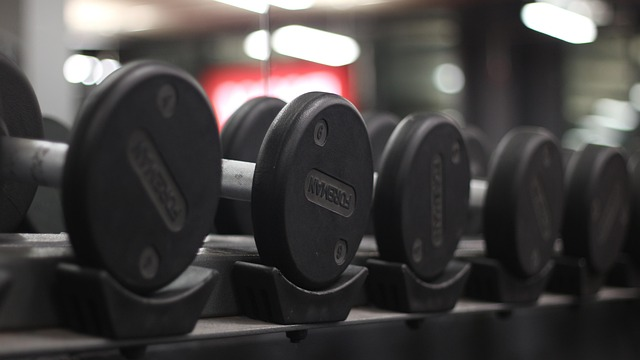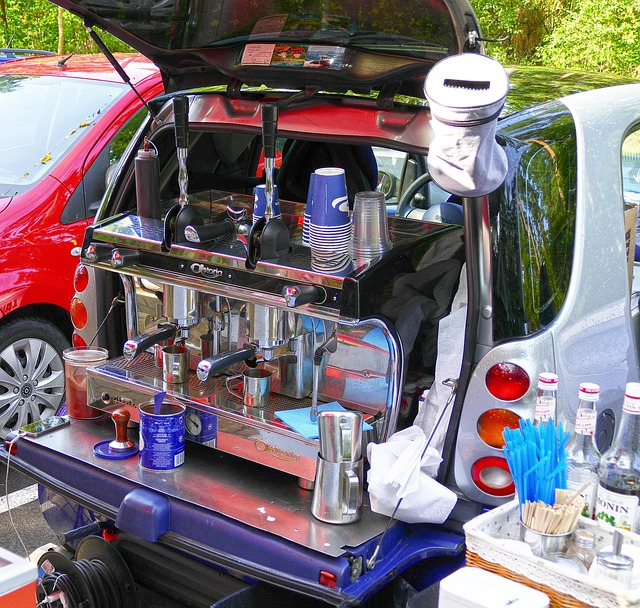-

-
Published on
12/09/2019
by Any Business.Com.Au
What is the difference between a freehold and leasehold?
There are so many questions to ask yourself when buying a business and it's worth taking the time to answer them carefully. What you decide now could affect your future in a major way.
One of the first points to consider is whether you should buy a freehold or leasehold business. In some ways, this is like deciding whether you should buy your own home or rent. In both cases, the first question to ask is, what can you afford?
Do you have the funds to buy a freehold business? Can you borrow the funds to buy a freehold business? If the answer is 'no', then you're looking at leasehold.
What are you getting?
If the answer is 'yes', however, you can move on to the next stage. The first thing to consider is that when you buy a freehold business, you are buying the business plus the commercial property. It's important to fully understand what you're getting.
The business generally includes the name, goodwill, databases, stock and so on. That is a separate entity. The freehold gives you ownership of the actual premises and land. There are obvious advantages to buying the freehold: you don't pay rent, you can make alterations to the building, you may get more parking and easier access, and you don't have to worry about the premises being sold without your knowledge.
In addition, in the future, you will have two assets to sell: the business and the commercial building.
Pros and cons
The disadvantages of buying the freehold are that you need more funds/bigger loan, and you have higher running costs, including rates and water.
Leasehold businesses clearly sell for a lot less, because you are only buying the business. If you don't have a big budget, this is probably the way to go. You still have the freedom to grow or alter the business, add new products and services, decide opening hours and so on, but you're not responsible for the building (unless specified in the contract).
The downside to this scenario is that the building could be sold from under you. However, your lease is a legal document that must be honoured by the owner of the premises. You can't just be kicked out onto the street – you have rights!
Which way to go?
You will have to pay rent, of course, and that rent may include building expenses, such as rates and water. However, that's no different to paying off loan instalments, rates etc. But you won't be able to make any adaptations to the premises without the owner's written consent.
If you ensure you have a good lease in place, and hopefully a good landlord, a leasehold business can mean less responsibility, less money and less stress. Certainly, if you're just starting out in business, that is probably the way to go.
If you are experienced in business, and you're looking for long term investments, a freehold purchase at the right price can be a very smart move.
Related articles



